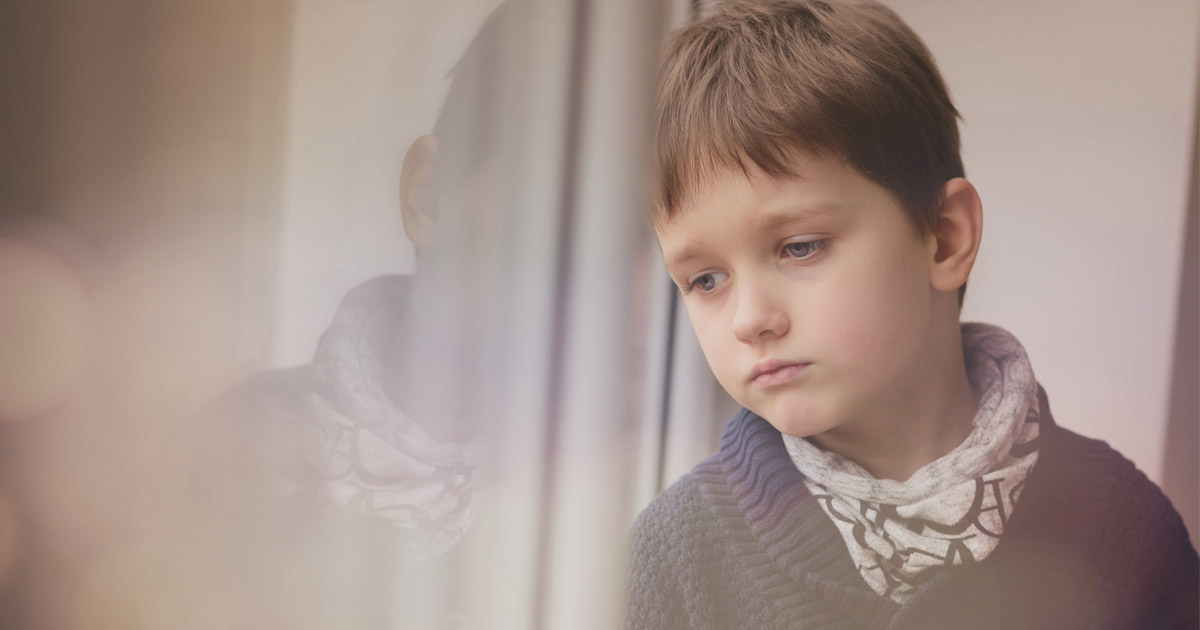The Division of Child Protection and Permanency (DCPP) in New Jersey assesses and investigates allegations of child abuse and neglect. Their work is important and necessary. Child abuse, including emotional child abuse, is illegal. However, some people and families are victims of false child abuse allegations. These false allegations may come from concerned teachers, neighbors, or even close relatives. Sometimes, the allegations come from a spiteful ex-spouse.
It is important to note that it is not always a parent who is accused of child abuse. In New Jersey, any child caretaker or guardian can be the subject of abuse allegations. The accused parties may endure months of investigation or end up in court. While the DCPP is obligated to follow up on every allegation, that does not mean that the accused parties do not have the right to defend themselves. A DCPP lawyer can help a person fight against false child abuse allegations, including emotional child abuse.
What is Emotional Child Abuse?
The federal Child Abuse Prevention and Treatment Act (CAPTA) states that child abuse and neglect are any recent action or inaction that results in the death of a child, serious emotional or physical harm to a child, or sexual exploitation or abuse of a child. Federal law generally leaves it to state agencies, such as the DCPP, to define and handle physical, sexual, or emotional abuse cases. The New Jersey DCPP defines child abuse as the emotional, physical, or sexual harm, or the risk of harm, to a child younger than 18 years old by that child’s caregiver or parent.
In New Jersey, emotional child abuse occurs when a parent or caretaker causes a child’s mental, emotional or psychological injury that threatens and delays their development in these three areas. Abuse may take the form of words that threaten or demean a child, actions that scare a child, inattention from a caretaker, constant criticism, bullying, humiliation, and similar abusive activities.
Emotional child abuse can be challenging to prove. Many times, a situation is misconstrued or simply false. A lawyer can assist in getting to the bottom of the accusation and defending anyone falsely accused of emotional child abuse.
What are My Rights if I am Accused of Emotional Child Abuse?
From the first contact by DCPP, a person accused of emotional child abuse should speak to a lawyer. A lawyer will advise accused parents, caretakers, or guardians of their rights. The accused does not have to allow investigators into their home, they can refuse to sign safety protection plants, and they have no legal obligation to cooperate with the DCPP unless it is ordered by the court.
This does not mean that anyone accused of emotional abuse of a child should not take the allegations seriously. If found guilty, an accused caretaker may end up with jail time, fines, or loss of parental or custodial rights. The DCPP can also require supervised visits with children, psychological evaluation of the accused, and can mandate regular DCPP home visits. Once an investigation concludes, the accused can find themselves in court with a potentially long road of appeals and other legal actions ahead of them.
Why Should I Contact a DCPP Lawyer?
Having a lawyer is critical for anyone accused of child abuse. They can get to the bottom of the allegations, particularly when an incident happened only once or was unintentional or wholly misunderstood. An experienced DCPP lawyer can defend accused parties in any investigation or legal action by doing the following:
- Navigating the complex DCPP bureaucracy.
- Preparing for potential court proceedings and actions.
- Acting as an objective party not subject to the emotions involved.
- Keeping the accused’s anger and stress in check.
A lawyer can also respond to complaints and allegations quickly with facts and evidence. A lawyer might pick one of the following defenses:
- False abuse claim. Often, an accuser does not understand the legal definition of abuse or the exact circumstances.
- No causation. The accused may not have been the direct cause of the child’s emotional injuries.
- Parental right to discipline. Some disciplinary actions may not be considered abusive and unlawful.
- Lack of evidence. Sometimes, there is no tangible proof that abuse occurred.
A lawyer can counter the DCPP and prosecutors who must prove the following in abuse claims:
- The accused person acted intentionally or recklessly.
- The accused person’s conduct was extreme and outrageous.
- The accused person’s conduct was the actual cause of injury.
- The child suffered measurable severe emotional distress.
A reputable lawyer will try to make the legal process as stress free as possible.
Haddonfield DCPP Lawyers at the Law Offices of Theodore J. Baker Advocate for Clients Accused of Emotional Child Abuse
Parents and other caregivers can be falsely accused of emotional child abuse. Abuse accusations can be devastating and affect the accused person’s health, reputation, and even their ability to find employment. For these reasons, it is important for anyone accused of emotional child abuse to contact a lawyer. The Haddonfield DCPP lawyers at the Law Offices of Theodore J. Baker can help you fight against false child abuse allegations. Call us at 856-795-9400 or contact us online for an initial consultation. Located in Cherry Hill, New Jersey, we serve clients throughout South Jersey, including Haddonfield, Marlton, Medford, Moorestown, Mount Laurel, and Voorhees.









